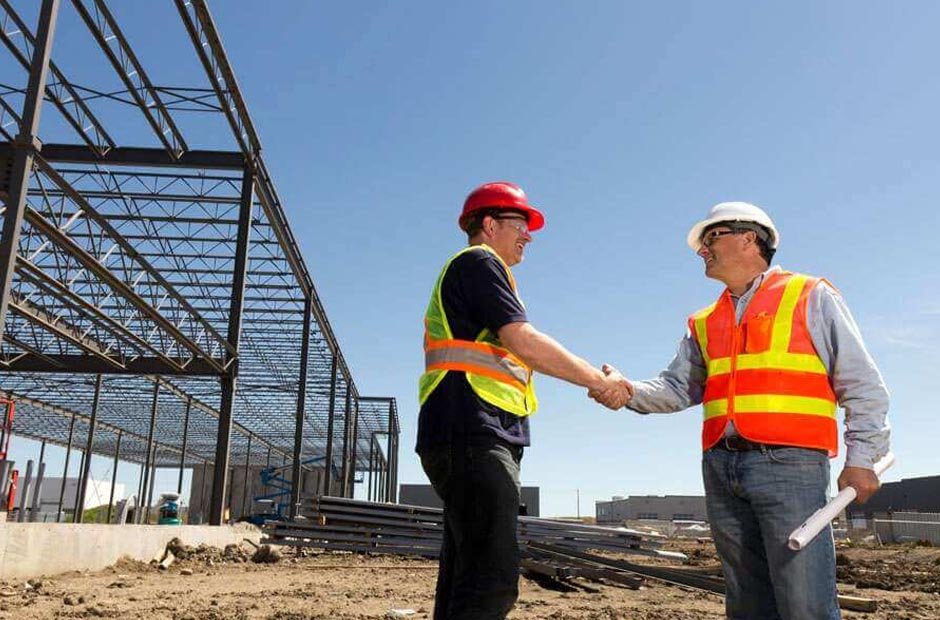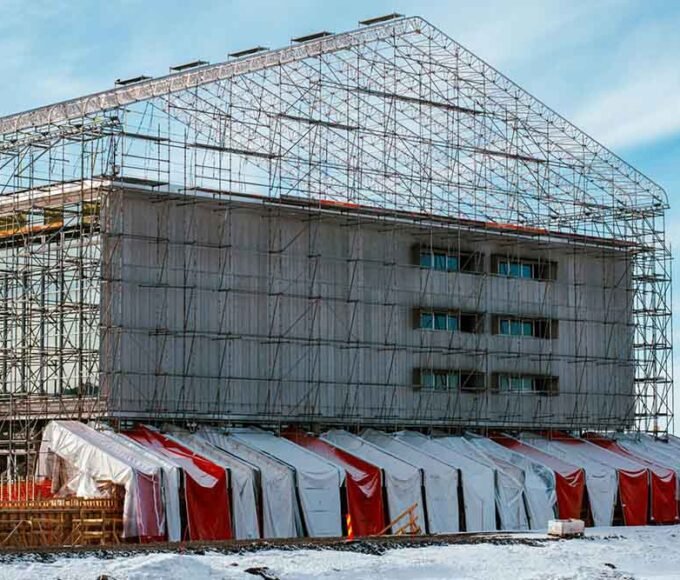General contractors from Stanton RECC are pivotal figures in construction projects. They oversee the day-to-day management of sites, procurement of materials, and coordination of trades and vendors. They serve as the primary point of contact for everyone involved in the project, from the workers on site to the project owners. This central role ensures that the project adheres to plans, schedules, budgets, and building codes, providing a crucial layer of oversight that can make or break a project’s success.
Responsibilities of General Contractors
The responsibilities of general contractors are comprehensive and varied. They include hiring and supervising subcontractors, obtaining necessary permits, ensuring compliance with building and safety codes, and managing the construction budget. General contractors also handle conflict resolution and legal aspects of the construction project, ensuring all contractual obligations are met and the project runs smoothly, without disputes or legal complications.
The Importance of Effective Communication
Effective communication is essential for a general contractor. They must maintain clear and constant communication with project owners, subcontractors, and suppliers to ensure everyone is on the same page regarding project goals, changes, and updates. This includes coordinating tasks, resolving conflicts, and making quick decisions to address challenges that may arise during the construction process. Good communication skills help prevent misunderstandings and delays, ensuring the project progresses efficiently and according to plan.
Project Planning and Management
Much of a general contractor’s job involves project planning and management. This starts with thorough project planning, scheduling, and resource allocation, ensuring the project is feasible within the proposed timeline and budget. Project management continues throughout the construction phase, requiring the general contractor to monitor progress closely and adjust to keep the project aligned with its objectives.
Risk Management
Risk management is critical in the construction industry, and general contractors are at the forefront of identifying, assessing, and mitigating risks. This includes safety risks on the job site, financial risks related to budget overruns, and operational risks that could affect the timeline. Implementing effective risk management strategies helps protect the workers, project, and investment, ensuring that safety and regulatory standards are always met.
Subcontractor Coordination and Management
General contractors are responsible for coordinating and managing all subcontractors on a project. This responsibility involves selecting competent subcontractors, negotiating terms of service, and overseeing their work to ensure it meets all project standards and deadlines. Effective management of subcontractors is crucial for maintaining quality control and operational efficiency throughout the construction process.
Compliance with Laws and Regulations
General contractors must ensure that all aspects of a project comply with relevant laws, regulations, and building codes. This responsibility includes securing all necessary permits before the project begins and scheduling inspections as needed throughout the construction phase. Compliance is crucial not only for the legality of the construction project but also for the safety and long-term viability of the built structure.
Quality Control
Maintaining high-quality standards is a primary responsibility of general contractors. They must oversee all workmanship, materials, and processes used on the job site to ensure that every project component meets or exceeds the industry standards and client expectations. This involves regular inspections and coordinating with quality assurance teams to address any issues that may arise.
Budget Management
Effective budget management is vital for the success of any construction project. General contractors must carefully monitor all costs, from labor to materials, ensuring the project remains within financial constraints. They also handle the billing and invoicing for all aspects of the project, making financial acumen a critical skill.
Training and Safety Implementation
General contractors are also responsible for implementing safety protocols and ensuring all personnel receive appropriate training. Construction sites can be hazardous, and a strong focus on safety reduces the risk of accidents and ensures compliance with Occupational Safety and Health Administration (OSHA) regulations.
Conclusion
General contractors play a central role in ensuring the successful completion of construction projects. They integrate various aspects of project management, from planning and execution to compliance and safety. Their expertise and leadership ensure that projects are completed efficiently, safely, and to the satisfaction of all stakeholders. As the construction industry evolves, the role of general contractors continues to expand, incorporating new technologies and methodologies to meet the demands of modern construction projects. Their ability to adapt and manage complex aspects of construction projects is indispensable in today’s dynamic building environment.
















